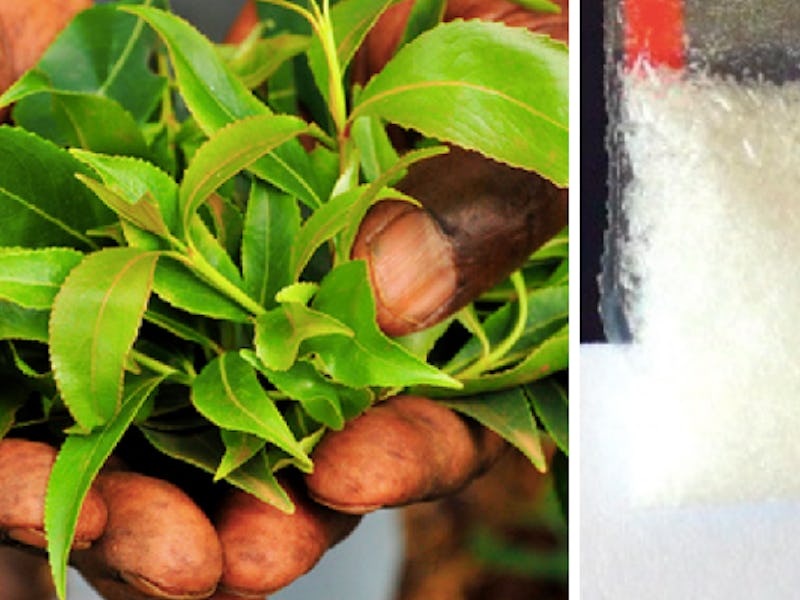Scientists Create Potentially Life-Saving Bath Salts Vaccine
'Our goal is to develop a vaccine that would be effective for at least six to 12 months.'

Bath salts became famous on the national stage after being erroneously connected with two cases of murder in which the perpetrator also committed cannibalism, one in 2012 and another in 2016. This reputation as a “zombie drug” masks the fact that it’s still a very dangerous substance, capable of inducing overdoses and organ failure, and falsely brands it as something only outliers consume. Instead, it’s thought that the largest group of bath salts consumers are college students, who don’t realize it’s often laced in molly.
As of now the only way to treat bath salt addiction is with personalized addiction treatments. However, according to research presented Sunday, a solution may very well be on the horizon. At the 2018 Experimental Biology meeting, a team of scientists at the announced at a new vaccine that can help people overcome bath salts abuse. So far the drug has been successfully used on rats to blunt the effect of the stimulant on the brain — an effect that makes the scientists hopeful that it one day could be used clinically on humans. “We are still in early in the pre-clinical testing stage,” co-author Samantha McClenahan told Inverse, “which needs to fully characterize the efficacy and safety of the vaccine.”
Bath salt drugs typically take the form of a white or brown crystal-like powder.
“Our goal is to develop a vaccine that would be effective for at least six to 12 months, or that it could be used as a long-lasting aid to the rehabilitation process,” McClenahan, a University of Arkansas doctoral student, explained further in a statement released Sunday. “It would likely help reduce drug concentrations in critical organs and reduce or eliminate the rewarding effect of the drug. This could improve the chances of an individual remaining in rehabilitation treatment, which might increase the likelihood of a successful outcome.”
Bath salts are technically known as synthetic cathinones and are part of a group of drugs called “new psychoactive substances” by public health officials. These are drugs, like Spice and K2, that are made to copy the effects of controlled substances: Synthetic cathinones are designed to copy the stimulant effects of the khat plant, which is a shrub grown in East Africa and southern Arabia. However, bath salts are much stronger than the shrub, with a stimulant strength considered 10 times more powerful than cocaine.
In this study, the scientists created a vaccine that targets two potent synthetic cathinones known as methylenedioxypyrovalerone (MDPV) and alpha-pyrrolidinovalerophenone (alpha-PVP). They found that rats addicted to bath salts regained locomotive abilities after given the vaccine, which had created high amounts of antibodies that attached themselves to MDPV and alpha-PVP in the rat’s bloodstream.
McClenahan explains that, “because the chemical structures of these illegal drugs are often changed to evade drug laws, we decided it was important to develop a single vaccine that will be effective against more than one medically dangerous synthetic cathinone.” Next up, the team plans on testing the vaccines’ ability to stop the drug from entering a body’s brain and heart — the process that causes bath salts to both kill and feel rewarding.